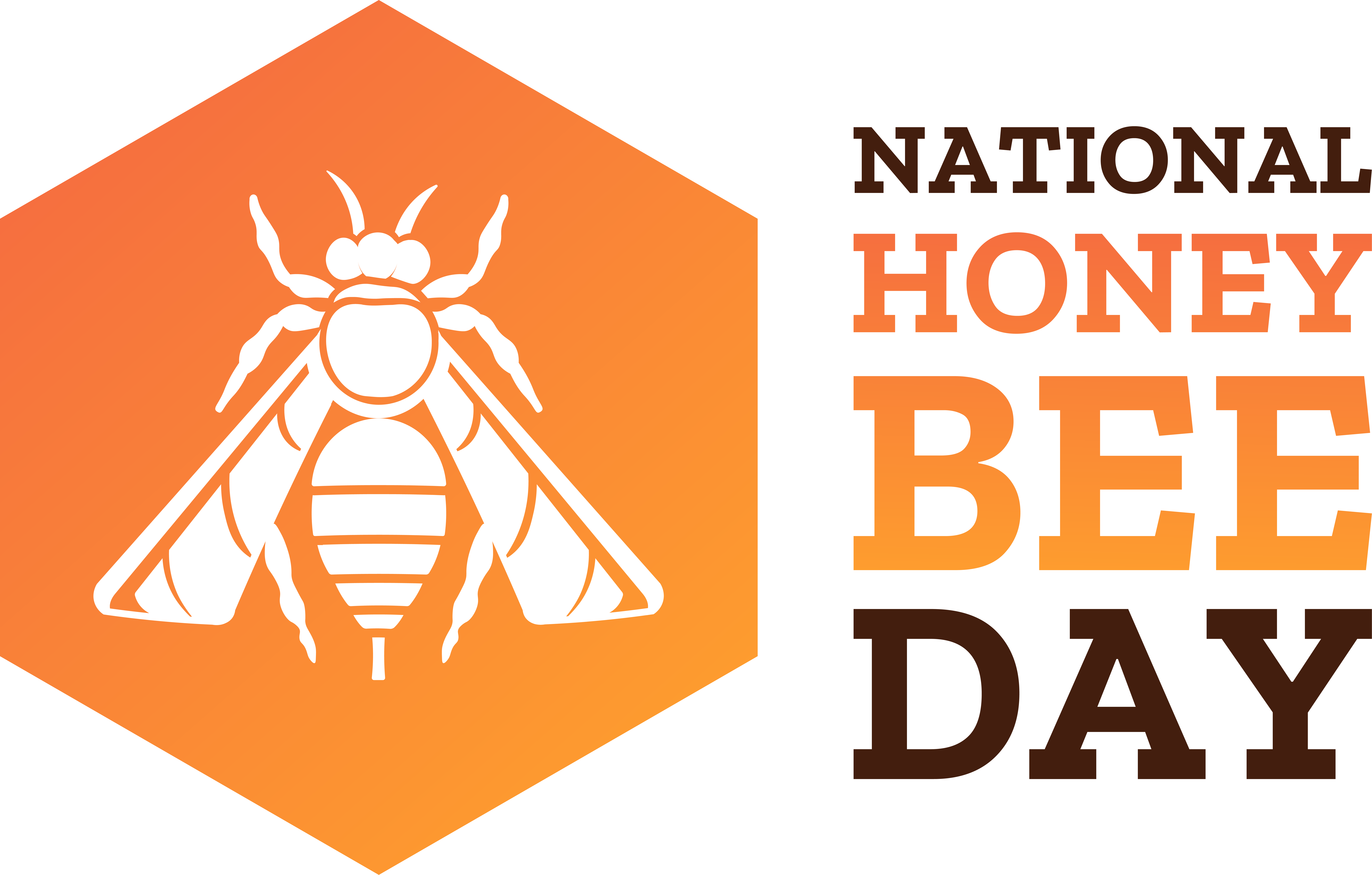National Honey Bee Day is approaching, and we couldn’t be more excited! What began as a grassroots movement by passionate beekeepers has blossomed into a nationwide celebration that brings communities together around the fascinating world of honey bees and beekeeping.
This special day serves as both an educational opportunity and a call to action, highlighting the crucial role these remarkable insects play in our daily lives. From the honey on our breakfast toast to the apples in our lunch bags, honey bees work tirelessly behind the scenes to make much of our food possible.
The Sweet History of National Honey Bee Day
National Honey Bee Day has surprisingly recent origins. In 2009, a dedicated group of beekeepers recognized the need to raise public awareness about their craft and the vital importance of honey bees to our ecosystem. They successfully petitioned the United States Department of Agriculture (USDA) for official recognition, and the first National Honey Bee Day was celebrated on August 22, 2009.
Originally observed on the fourth Saturday of August, the celebration now takes place on the third Saturday of the month. By 2010, Pennsylvania Apiculture Inc., a non-profit organization, stepped forward to help coordinate and promote the observance nationwide. What started as a small community effort has grown into a movement that spans the entire country, with local and regional events bringing people together to learn about and celebrate these incredible pollinators.
Why Honey Bees Deserve Their Own Day
While most people associate honey bees with their delicious golden product, these industrious insects contribute far more to our daily lives than many realize. Honey bees work a crucial “second shift” that often goes unnoticed: pollination.
As honey bees collect nectar from flowers, they simultaneously transfer pollen from the anthers of one flower to the ovules of another. This natural process significantly increases both the quantity and quality of numerous crops, including fruits, vegetables, and nuts that we rely on for nutrition.
The economic impact is staggering. Research published in 2012 revealed that the enhanced yield and quality of agricultural crops resulting from honey bee pollination is valued at more than $17 billion annually in the United States alone. These truly are some busy bees!
How You Can Help Our Pollinator Friends
National Honey Bee Day presents the perfect opportunity to take meaningful action in support of honey bees in your local area. These vital pollinators face numerous threats, including parasites, pathogens, pesticides, habitat loss, and poor nutrition. Many people want to help but aren’t sure where to start.
Here are five simple ways you can make a difference:
Create a Bee-Friendly Garden
Plant flowers and flowering herbs that provide nectar and pollen throughout the growing season. Native wildflowers, lavender, sunflowers, and herbs like rosemary and thyme are excellent choices that bees love.
Reduce Chemical Use
Limit or eliminate the use of pesticides and chemicals on your lawn and garden, especially when plants are blooming. Even organic treatments can be harmful to bees, so timing and application methods matter.
Provide Fresh Water
Bees need water for drinking and cooling their hives. Set up a shallow basin filled with fresh water and add marbles or rocks to give bees a safe landing platform. Change the water regularly to keep it clean.
Learn Sustainable Beekeeping
Consider taking a beekeeping class to learn about sustainable practices. Even if you don’t become a beekeeper yourself, understanding their world helps you become a better advocate for these pollinators.
Support Bee-Focused Organizations
Donate to organizations dedicated to protecting and promoting honey bees and other pollinators. Your contribution helps fund research, education, and conservation efforts.
Join the Celebration
National Honey Bee Day offers countless ways to participate, whether you’re a seasoned beekeeper or someone just beginning to appreciate these remarkable creatures. Visit local apiaries, attend educational workshops, or simply spend time observing bees in your garden.
Many communities host special events featuring honey tastings, beekeeping demonstrations, and educational presentations. Check with your local agricultural extension office, nature centers, or beekeeping associations to find celebrations near you.
The beauty of National Honey Bee Day lies not just in learning about these fascinating insects, but in taking action to protect them. Every flower you plant, every pesticide you avoid using, and every dollar you donate toward pollinator conservation makes a real difference.
As we prepare to celebrate these incredible pollinators, remember that supporting honey bees means supporting our food system and environment. However you choose to observe National Honey Bee Day, make it count—and make it sweet!

